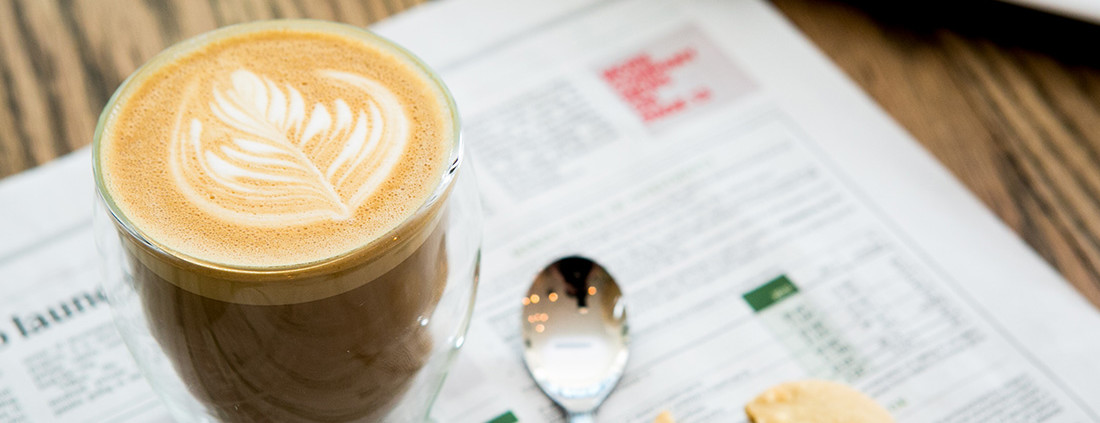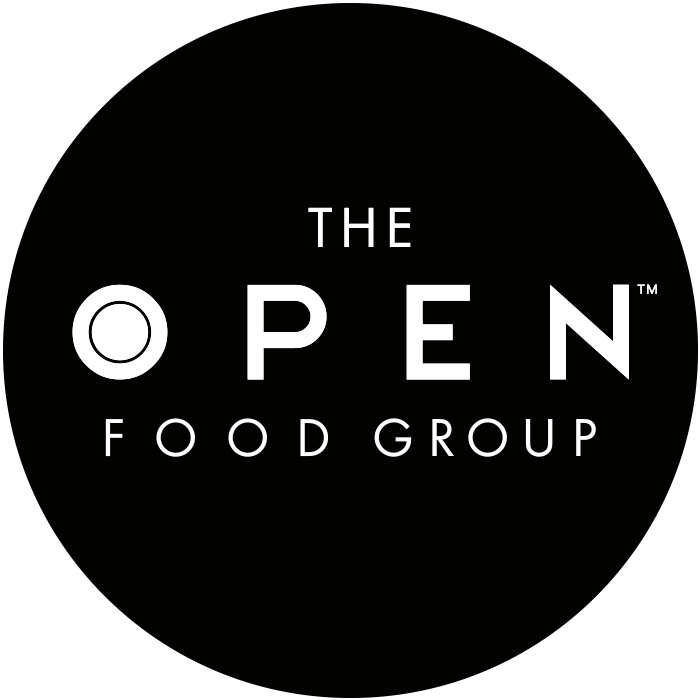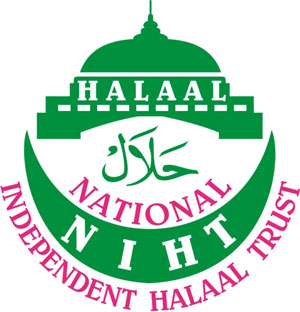Hey brew
If you’re reading this while sipping on an unsweetened Arabica blend from a pastel demitasse, you’re probably already a conscious coffee drinker. But in case you’re a bit behind on the bean-blend movement, we’re unpacking the beginnings of the conscious coffee movement and where it’s headed.
As proponents of the movement profess, it’s less about seeking out incredible coffee and more about rejecting the bad.
Responsible roasters
The Fair Trade coffee movement was the forerunner for the conscious coffee drinker. As the world became more aware of the marginalisation of smaller coffee bean growers, fair trade became a popular global consumption trend – and consumers became more discerning about the origins of their coffee.
Alternative trading methods suddenly allowed brewers and roasters to change their bean source in favour of smaller, more regional farmers. It also gave consumers peace of mind knowing they were buying and drinking ethically sourced coffee. The trend has grown to such an extent that even major global instant coffee brands are embracing the fair trade movement.
South Africa, like the rest of the world, has caught up with the conscious or ‘third wave’ coffee movement. Where large fast-food chains used to serve stale coffee in polystyrene cups – and we enjoyed it – they’ve been supplanted by artisanal coffee houses and roasters, offering a variety of espressos, Cubanos and macchiatos.
The future of the bean
As the local coffee movement grows and changes, there are a few trends – outside socioeconomic and environmental awareness – that look set to stick.
Milk alternatives are becoming widely available in even the smallest coffee shops – with natural derivatives like almond and coconut milk taking centre stage as the lactose-free stuff of choice.
Another big trend to look out for is coffee sidekicks – dunkable artisanal pastries sold alongside your favourite brew, to enhance and complement the flavours in your cup. Sweet and savoury combinations are huge, with salty-peanut-chocolate and spicy flavours (think cardamom, cinnamon, chilli and honey) having a moment in the spotlight.
New generation conscious coffee drinkers want to see, smell and know their brew, which makes open plan coffee bars the new-style shop of the future – another trend expected to grow this year and next.
As much as you might resent smug sugar-free coffee drinkers, purists agree you should drink your brew unsweetened to taste the subtle flavour notes (health benefits aside). The sugar-free coffee movement continues to grow, with an ever-increasing number of conscious coffee drinkers ‘freeing’ their cappuccinos from the sweet white stuff.
The OPEN Blend
For large-scale caterers, coffee is a major part of what we do. At OPEN Food, we’ve embraced the shift in local coffee culture and sourced a South African roaster to design our very own OPEN brew. Our blend has basic, round, chocolatey notes but can be tweaked for each and every client, offering distinctive flavours and exclusivity.





Leave a Reply
Want to join the discussion?Feel free to contribute!